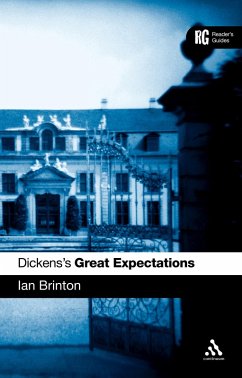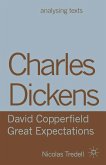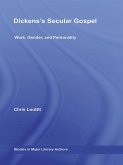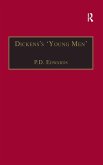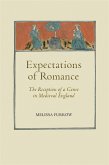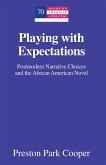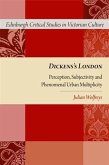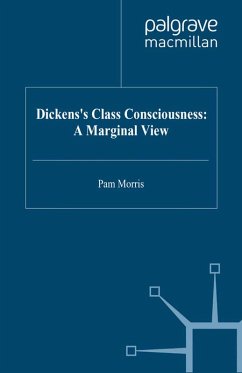Reader's Guides provide a comprehensive starting point for any advanced student, giving an overview of the context, criticism and influence of key works. Each guide also offers students fresh critical insights and provides a practical introduction to close reading and to analysing literary language and form. They provide up-to-date, authoritative but accessible guides to the most commonly studied classic texts.
Great Expectations (1861) is not only one of the last great novels to be written by Dickens but is also one which centres around his primary themes: the importance of childhood in relationship to adult life, concepts of guilt and imprisonment and an analysis of individualism as opposed to the increasing bureaucracy of nineteenth-century England. This guide is an ideal introduction to the text including its contexts, Dickens's style and imagery, its critical reception from the time of publication to the present, a guide to illustrated editions and film adaptations and a guide to further reading.
Great Expectations (1861) is not only one of the last great novels to be written by Dickens but is also one which centres around his primary themes: the importance of childhood in relationship to adult life, concepts of guilt and imprisonment and an analysis of individualism as opposed to the increasing bureaucracy of nineteenth-century England. This guide is an ideal introduction to the text including its contexts, Dickens's style and imagery, its critical reception from the time of publication to the present, a guide to illustrated editions and film adaptations and a guide to further reading.

